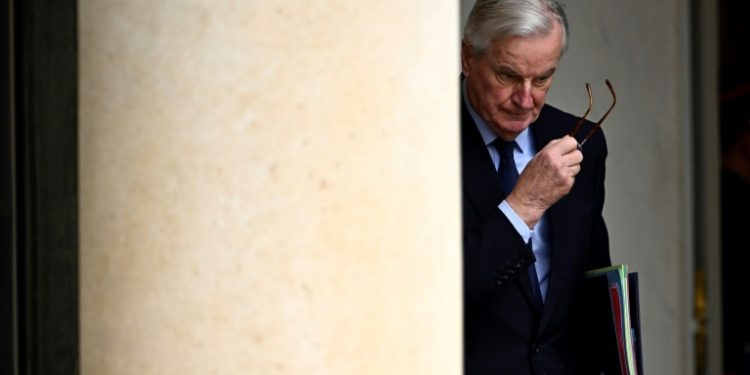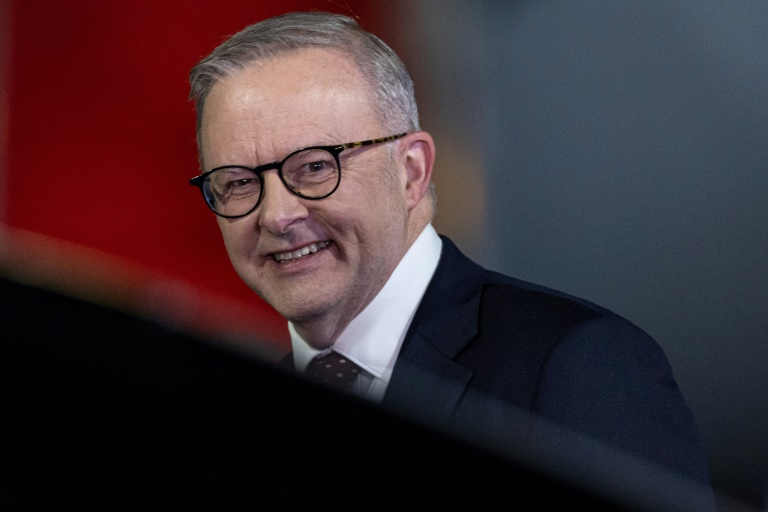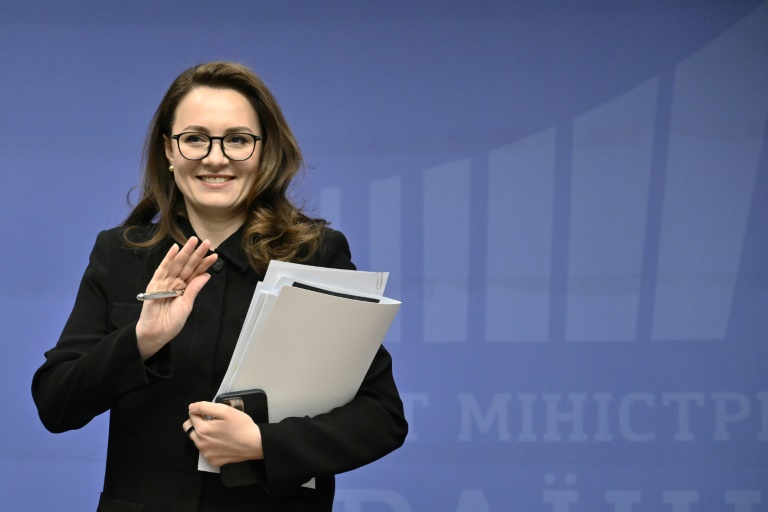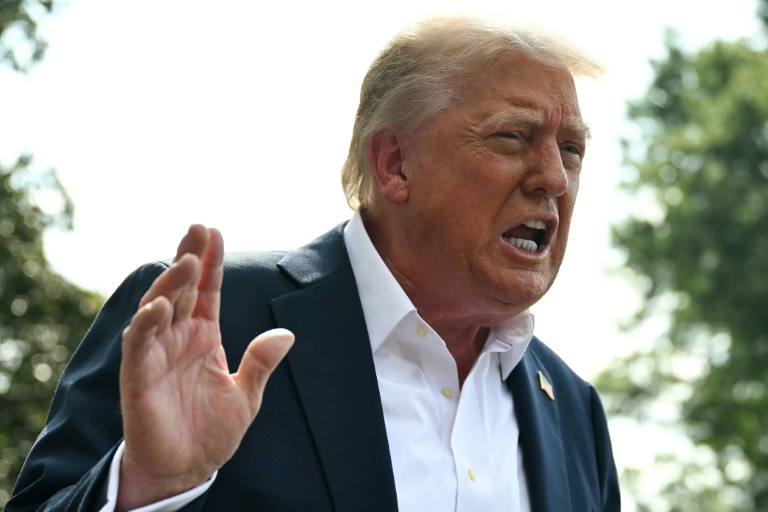Paris (AFP) – French Prime Minister Michel Barnier on Thursday announced a major concession in a bid to end a standoff with the opposition over the budget, which has caused jitters on financial markets and risks bringing down his minority government. In a U-turn, Barnier told the Le Figaro daily that a previously planned increase for an electricity tax would no longer be included in the budget. “Almost everyone asked me to make a change,” from among his own right-wing ranks and the left-wing and far-right opposition, Barnier said. The far right under Marine Le Pen, which as a parliamentary bloc holds the key to the government’s survival, welcomed the move but said more needed to be done and reiterated a warning it could topple Barnier.
Months of political tensions since Barnier was named prime minister in September, at the helm of a minority government appointed by President Emmanuel Macron in the wake of snap parliament elections, are coming to a head over the budget. The opposition on all sides of the spectrum have denounced the budget, prompting Barnier to consider brandishing article 49.3 of the constitution, which allows a government to force through legislation without a vote in parliament. It was widely expected that Barnier could employ this tactic in the National Assembly as soon as Monday, which would pass the legislation on the social security budget but also allow the opposition to call a vote of no confidence within days.
Le Pen’s far-right National Rally (RN) has warned it is ready to vote alongside the left-wing bloc in parliament to topple the government in such a vote. RN party leader Jordan Bardella hailed Barnier’s concession as a “victory” but said “other red lines remain,” including on medicines, immigration, pensions, and a moratorium on tax increases. “The prime minister cannot remain deaf to them. He has a few days left,” Bardella warned in a social media post.
Finance Minister Antoine Armand, speaking on BFM television, told the opposition that “just because we have nothing in common” does not mean “that we plunge the country into budgetary and financial uncertainty.” French bond yields on Wednesday surpassed those of Greece for the first time, indicating that investors believe there are equal risks in lending to France as to Greece. Further complicating the situation is the constitutional rule in France that there must be a one-year gap between legislative elections—meaning that Macron cannot call fresh elections until the summer to resolve what would be a major political crisis.
Some voices are even evoking the possibility that Macron, whose term ends in 2027, should resign to take responsibility for the chaos and break the deadlock. The president has previously ruled out resigning. No matter who might replace Barnier should his government fall, the prime minister “will not have a majority. The only solution would be for the president to resign,” said Charles de Courson, an MP with the centrist Liot faction. According to an Elabe poll for BFM, 63 percent of French people believe Macron should resign if the government is toppled, with 53 percent holding him responsible for the current political situation. If Macron did stand down, France’s maximum two consecutive terms rule means he could not be a candidate in a snap presidential election, though he could stand again in polls further down the line.
Widely seen since September as holding a sword of Damocles over Barnier, Le Pen is facing a decision over whether to bring down the government at a time when she faces being barred from politics in an embezzlement trial. Charged along with other RN figures with misusing EU parliament funds, prosecutors have said she should receive a jail sentence and be banned from public office for five years, applicable even if she appeals. This would disqualify her from the 2027 presidential elections. The verdict in her case is expected on March 31.
“I still have hope that we will be understood. See you in four months,” Le Pen, who has denied the fraud charges, told reporters after the court adjourned on Wednesday. Meanwhile, she denied any suggestion that the apparent hardening of the RN’s line on bringing down the government was linked to the risk she could be convicted and forced to bow out of politics. “I will do what I have to do to defend the French. And this trial in no way comes into consideration,” she said.
© 2024 AFP






















